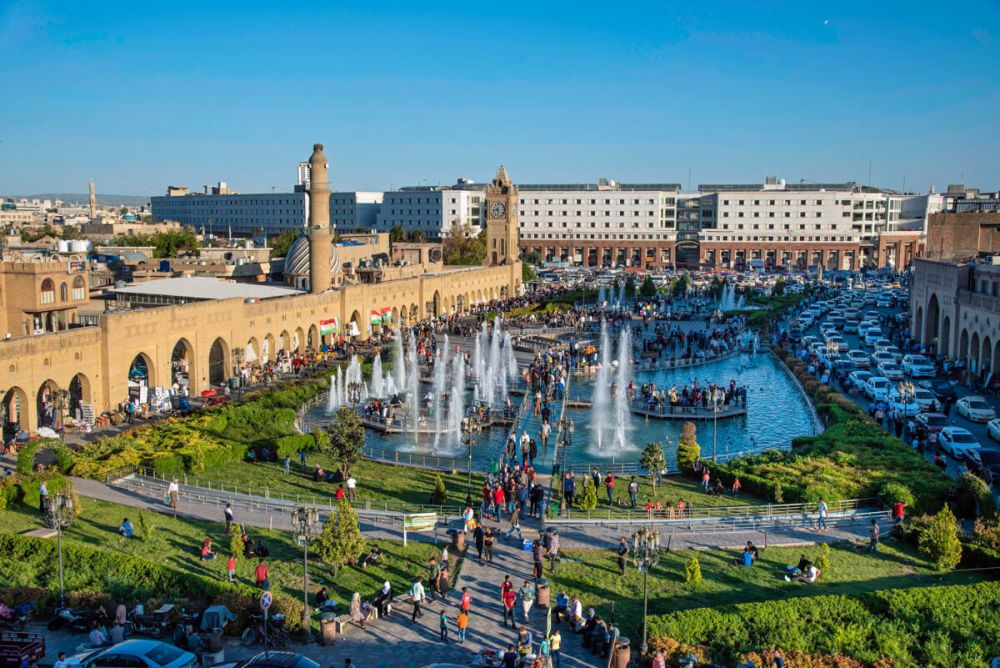

Erbil, also spelt Arbil or Irbil and known as Hewlêr in Kurdish, is one of the oldest continually inhabited cities in the world, with its history dating back to at least 6000 BC. The city serves as the capital of the Kurdistan Region in Iraq, and it has been a focal point for cultural development and historical significance for millennia. Historical and archaeological tourism has long been an important aspect of the region's allure, with the ancient Citadel of Erbil being its most iconic landmark.
Throughout history, Erbil has been under the rule of various empires and kingdoms, including the Assyrians, Medes, Persians, and Ottomans. This diverse heritage has made it a crossroad of civilizations and a point of interest for ancient travelers and scholars. While the concept of tourism as we know it today did not exist during the ancient and medieval periods, it took the form of cultural exchange, trade, and pilgrimage.
The modern era of tourism in Erbil began to take shape with the opening up of Iraq to international travelers in the 20th century. However, it wasn't until the autonomous Kurdistan Region was established in the 1990s, following the Gulf War, that the area saw a substantial increase in tourist activity. Erbil's relative calm and stability compared to other areas in Iraq allowed it to develop its infrastructure and promote various tourism projects.
In the 21st century, the Kurdish Regional Government (KRG) took decisive steps to promote Erbil as a major tourist destination. The Erbil Citadel was refurbished and later inscribed as a UNESCO World Heritage site in 2014, which significantly increased the city's profile as a tourism hotspot. The city also hosts an international airport, modern hotels, shopping malls, and a range of dining and entertainment options catering to international visitors.
Despite its attractions and efforts to boost tourism, Erbil, like the rest of Iraq, has faced challenges due to regional instability. Conflicts in the region, including the war against ISIS, have impacted the flow of tourists. Yet, the region has shown resilience and continues to attract those interested in history, culture, and business opportunities.
In recent years, Erbil has witnessed a rise in business tourism, with many international companies and investors visiting due to its strategic importance and economic potential. Additionally, the city has also seen a growth in cultural tourism, with events like the Erbil International Film Festival and various cultural exhibitions showcasing Kurdish and Iraqi culture.
To diversify its tourism portfolio, Erbil and the surrounding Kurdistan region have been developing eco-tourism and adventure tourism. The stunning natural landscapes, mountain ranges, and waterfalls offer vast potential for trekking, bird-watching, and nature excursions.
In conclusion, Erbil's rich tapestry of history combined with its contemporary development presents a unique tourism experience. While challenges remain, the city's enduring spirit and the region's commitment to growth and stability bode well for the future of tourism in this ancient city.